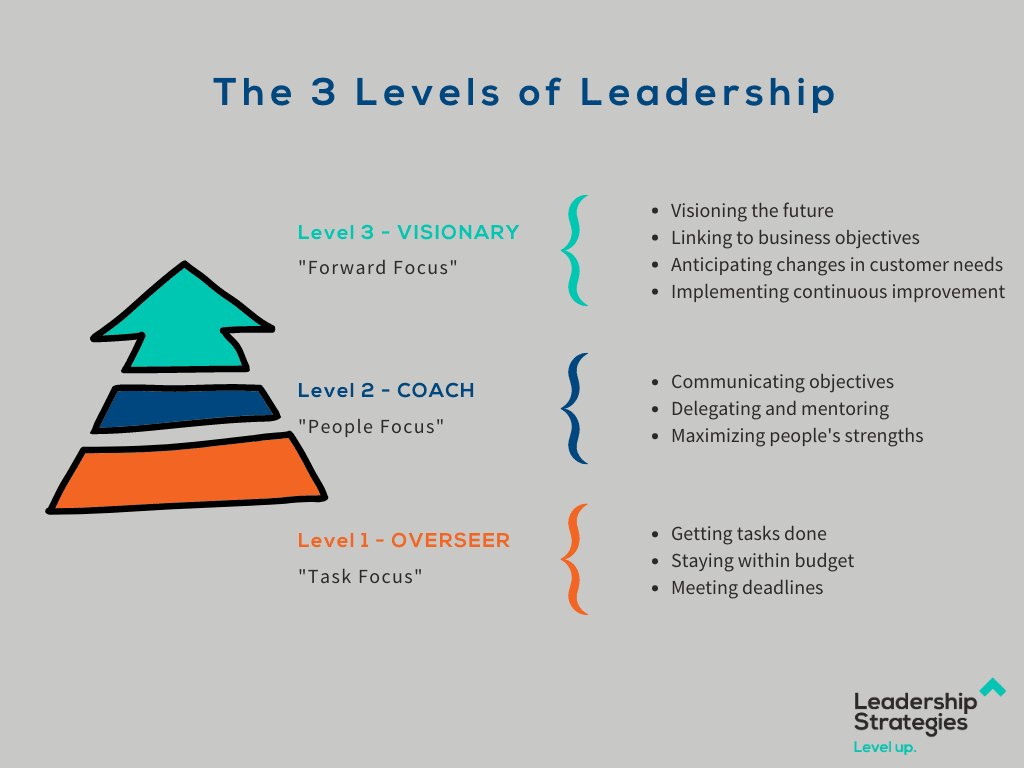
Whether you’re searching for your first leadership role or have goals to climb the career ladder, there are many types of managerial roles you’ll encounter along the way. From managing people to making strategic decisions, your day-to-day responsibilities could vary based on the level of leadership where you desire to work. Learn about types of leadership roles to prepare for your next career move.
Supervisor
Often, a first-line leader responsible for overseeing employees while reporting to a higher rank, supervisors typically work with a team to achieve goals set by managers. This can include overseeing the workflow, providing feedback to team members, and problem solving and escalating issues as needed, according to the Professional Leadership Institute. Supervisors may hold job titles like Team Lead or Foreman, depending on the industry.
Manager
Manager roles share similarities with supervisors as frontline management, but can include responsibilities like goal setting, communicating between employees and upper management, and ensuring smooth operations.
Middle Management
These leaders manage managers. With their role being between senior management and frontline management, middle-level managers create procedures to achieve results and are accountable for the results produced by lower-level teams. A company may have multiple levels of middle managers, and their titles may include Regional Directors or Department Managers.
Executive Level
Also known as C-suite or top-level management, executives are responsible for strategic planning and guiding their company to success. Executives oversee operations and select department heads, determine company policies, and analyze financial statements. These roles require strong leadership skills and can include titles like Chief Executive Officer, President, and Vice President.
Levels of Development
Leadership Strategies outlines the characteristics of leadership in three levels: overseer, coach, and visionary. These levels focus on the development path for leaders from being task-focused and working to understand how to succeed to becoming people-focused and delegating to their team, then growing to be focused on the future of the organization.

Job titles and responsibilities vary across organizations. For clarity on your role or career goals, speak with your boss or leaders in your industry to learn more about the opportunities available in your field.
